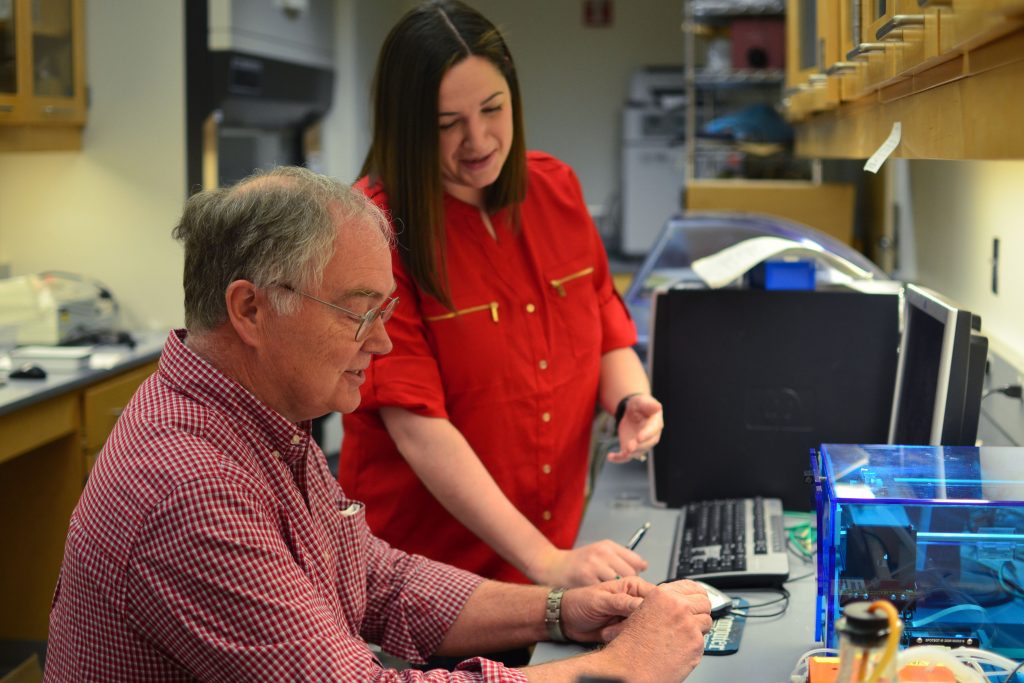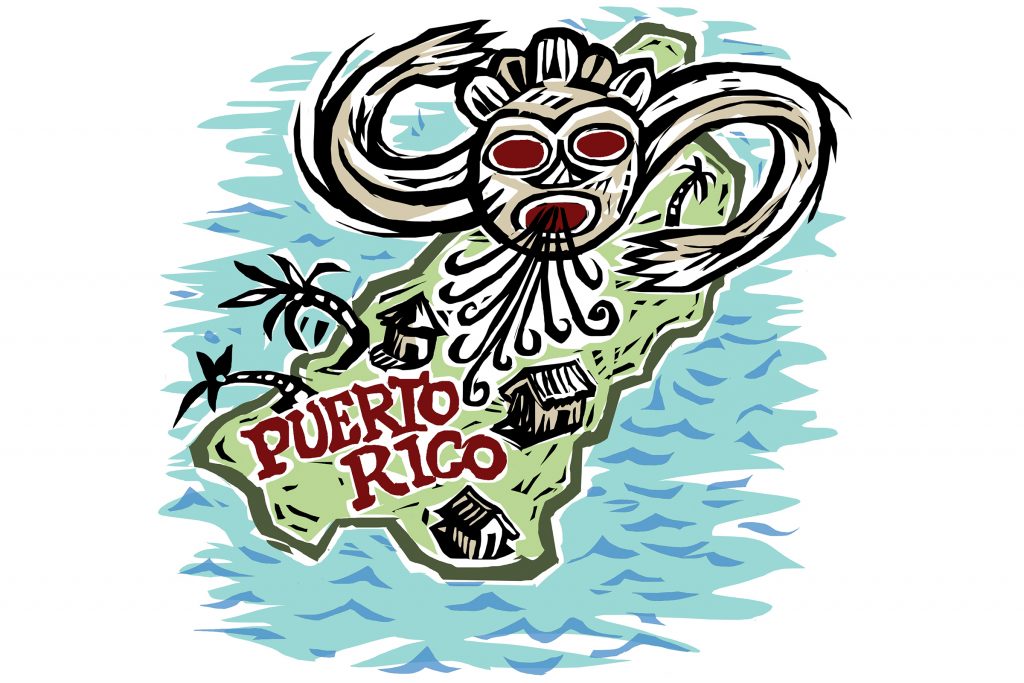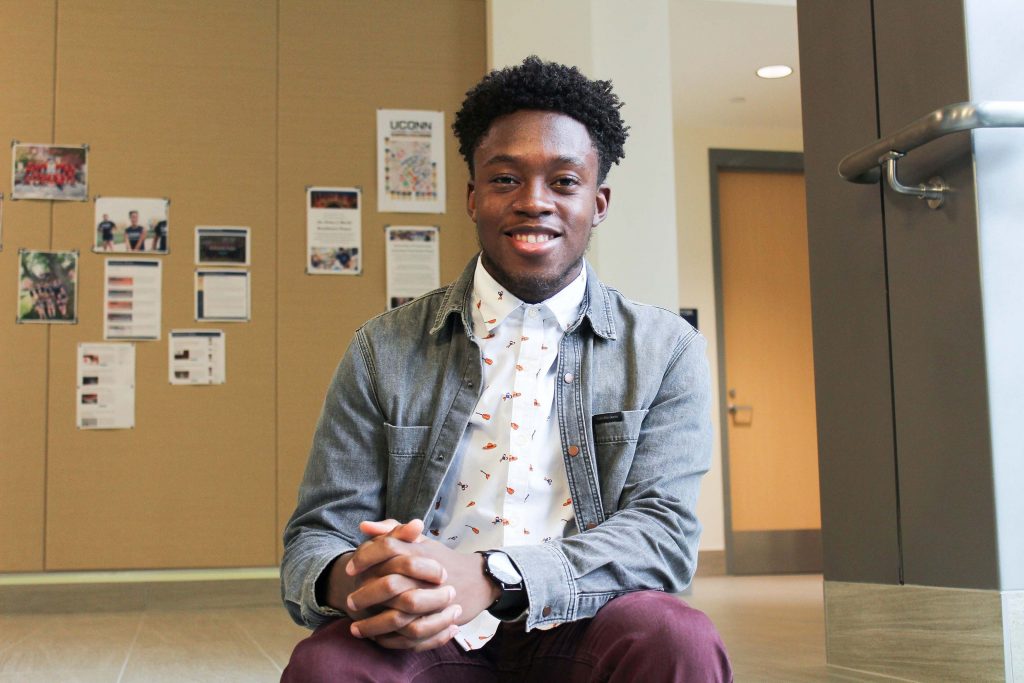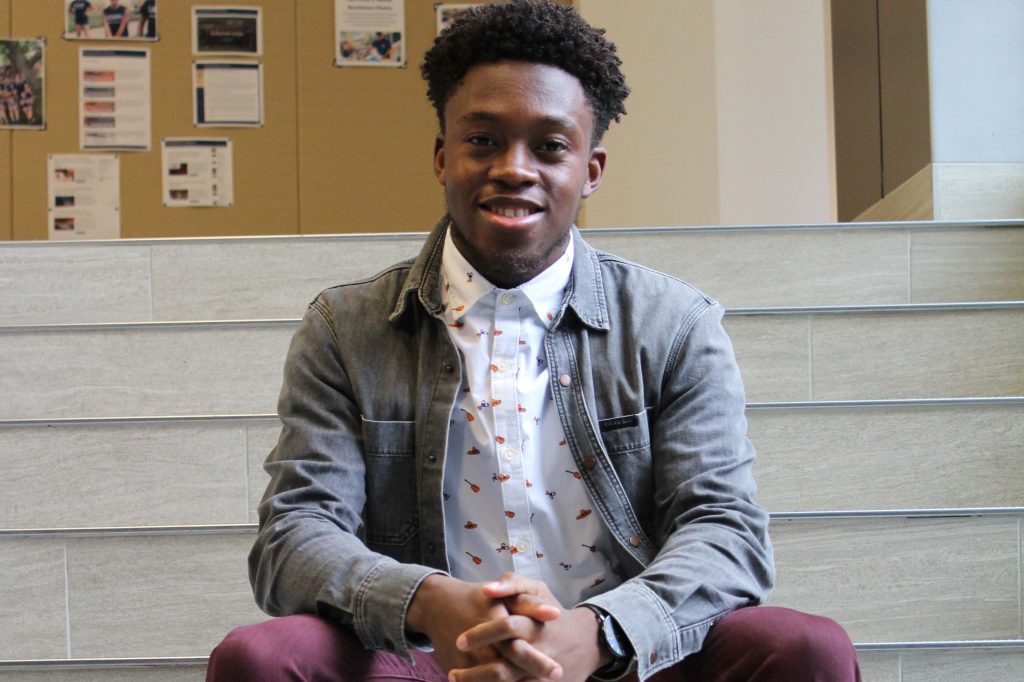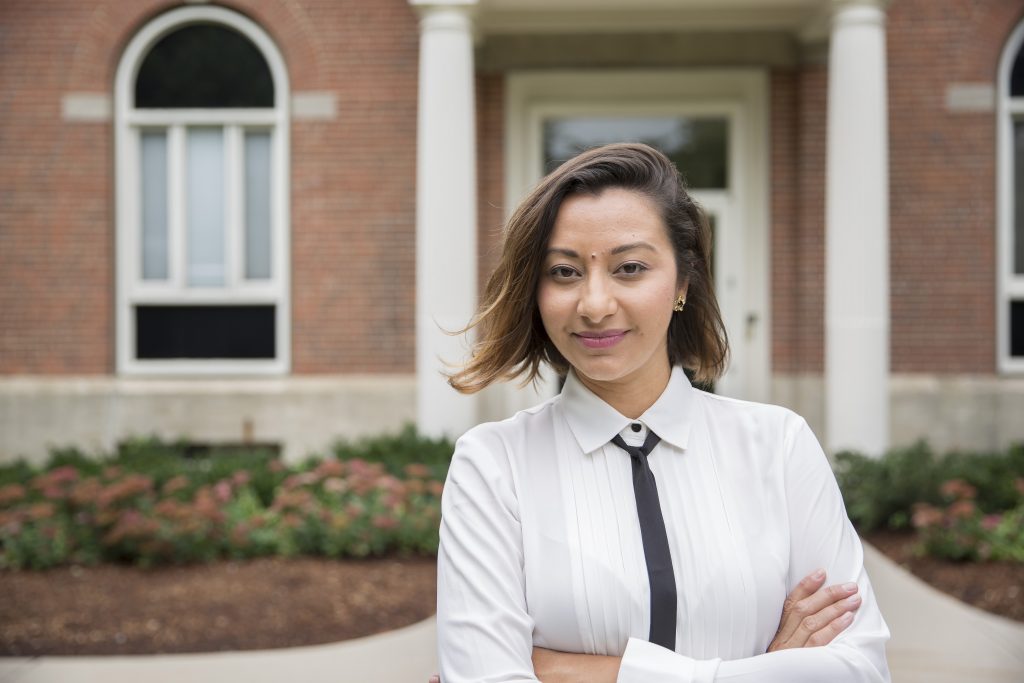Research & Discovery
Rating Companies’ Cybersecurity Preparedness May Lead to Stronger Sites
Increased awareness about certain types of cybersecurity breaches leads companies to make improvements, says a new study co-authored by a UConn researcher.
October 9, 2018 | Combined Reports
UConn, Biohaven Pharmaceuticals Ink Licensing Deal for Investigational Agent for Inflammatory and Autoimmune Diseases
Biohaven Pharmaceuticals will commercialize UC1MT, a therapeutic antibody that could block inflammation caused by a protein called extracellular metallothionein.
October 9, 2018 | Jessica McBride, PhD
The Impact of Hurricanes on the Ecosystem in Puerto Rico
Ecologist Michael Willig is examining the impact of Hurricane Maria on the snail population of Puerto Rico, a population that itself plays a critical role in the process of recovery from hurricanes.
October 8, 2018 | Elaina Hancock, with illustrations by John Bailey, University Communications
New GAANN Funding Will Allow UConn Engineering to Hire Up To 30 Additional Top-Quality Ph.D. Students
Following a nationally-competitive application process, the University of Connecticut School of Engineering successfully secured four multi-year Graduate Assistance in Areas of National Need (GAANN) awards from the U.S. Department of Education, each for approximately $1 million. The number of awards given to the School represent around 5.5 percent of the total given across the country in 2018.
October 5, 2018 | Eli Freund
Building a Research Career at UConn
Pierre Fils, a first-year graduate student on the Ph.D. track in structural engineering, got his start in research early on by utilizing the connections available to UConn undergrads.
October 5, 2018 | Anna Zarra Aldrich '20 (CLAS), Office of the Vice President for Research
Building a Research Career at UConn
Sometimes walking into a professor’s office hours can launch a student on an incredible research track. Pierre Fils, a first-year graduate student on the Ph.D. track in structural engineering at the University of Connecticut, did just that his junior year. When he went to his design of steel structures professor, Arash Zaghi’s, office, Fils was […]
October 5, 2018 | Anna Zarra Aldrich '20 (CLAS), Office of the Vice President for Research
Building a Research Career at UConn
Sometimes walking into a professor’s office hours can launch a student on an incredible research track. Pierre Fils, a first-year graduate student on the Ph.D. track in structural engineering at the University of Connecticut, did just that his junior year. When he went to his design of steel structures professor, Arash Zaghi’s, office, Fils was […]
October 5, 2018 | Jessica McBride, PhD
The Role of Feedback in Health Information Sharing
A new UConn study says sharing health information through social media can lead to improved health, but only if feedback is positive.
October 4, 2018 | Kenneth Best
Adding Context to ‘Breast is Best’
A new study suggests that, independent of breastfeeding, a range of factors influence infant health in the first year of life, and these need to be supported by social policies.
October 3, 2018 | Kenneth Best
Learning to Be Latino
Sociologist Daisy Reyes discusses her new book on what it means to be Latino in college.
October 2, 2018 | Emma Whitford, Inside Higher Education

